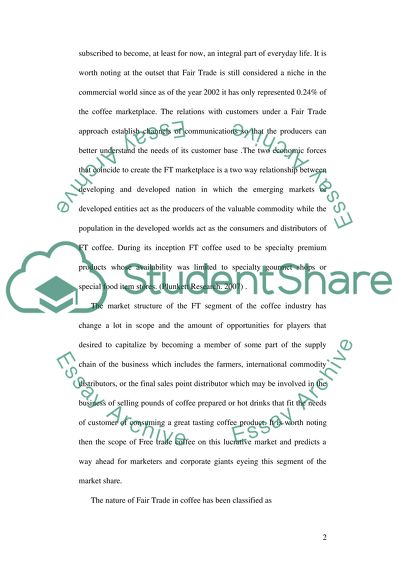Cite this document
(The Future of the Fair Trade Coffee Industry in Britain Research Paper, n.d.)
The Future of the Fair Trade Coffee Industry in Britain Research Paper. Retrieved from https://studentshare.org/marketing/1530409-fair-trade-coffee-industry-in-britain
The Future of the Fair Trade Coffee Industry in Britain Research Paper. Retrieved from https://studentshare.org/marketing/1530409-fair-trade-coffee-industry-in-britain
(The Future of the Fair Trade Coffee Industry in Britain Research Paper)
The Future of the Fair Trade Coffee Industry in Britain Research Paper. https://studentshare.org/marketing/1530409-fair-trade-coffee-industry-in-britain.
The Future of the Fair Trade Coffee Industry in Britain Research Paper. https://studentshare.org/marketing/1530409-fair-trade-coffee-industry-in-britain.
“The Future of the Fair Trade Coffee Industry in Britain Research Paper”, n.d. https://studentshare.org/marketing/1530409-fair-trade-coffee-industry-in-britain.


